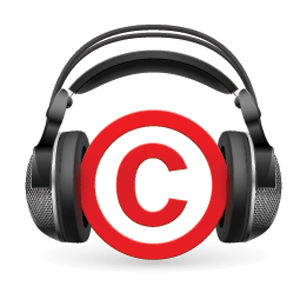Can recording artists stop Trump from playing their music at rallies? Legal theories are untested

Rihanna and Pharrell Williams are among the recording artists who have objected to President Donald Trump using their songs at rallies. Can they stop the music?
The Washington Post takes a look at the question and legal avenues the artists can take to block Trump or other candidates from playing their music.
Campaigns that want to license the recordings generally have to have a license from the copyright holder. Most compositions are licensed by the American Society of Composers, Authors and Publishers, known as ASCAP, or Broadcast Music Inc., known as BMI. Campaigns can obtain licenses from these groups, but artists may be able to block the songs through a contract clause.
BMI’s clause, which is specific to political campaigns, says specific works “may be excluded” from a music license for political entities if a songwriter or publisher raises an objection, according to two sources cited by the Post: an NPR story and a 2017 article by intellectual property lawyer Danwill Schwender. ASCAP has a similar provision, according to a source who spoke with NPR.
Some campaigns also rely on blanket licenses from ASCAP or BMI granted to venues where performances are taking place. Mick Jagger and Axl Rose have both said that music licenses granted to public venues are being used by the Trump campaign to play their music.
But some venues with blanket licenses have contracts requiring them to exclude use of the music for political campaigns, according to an Above the Law story by intellectual property lawyer Tom Kulik. He suggests that campaigns should obtain the license directly from ASCAP, BMI or other performing rights organization, and he adds that campaigns should obtain a “traveling license” for music they intend to use at multiple rallies.
Campaigns could argue that the venue license allows use of a song even without a separate license to the campaign. That argument is untested in the courts, according to Schwender.
There is a potential argument for artists who want to stop the playing of their songs, even when a license is granted, according to ASCAP guidelines. Artists could assert a right of publicity in their image, confusion or dilution of their name under the Lanham Act, and false endorsement. ASCAP recommends that campaigns that obtain licenses also get permission from the artists.
The more closely a song is tied to a campaign message, the more likely that an artist could object to the usage of the song, according to ASCAP.
The right of publicity and dilution theories have yet to be tested in court, according to a 2016 Forbes article. But Kulik writes that artists who have complained about use of their music by political campaigns over the years have relied on theories such as a right to publicity or violation of the Lanham Act.
Williams licenses his songs through a new group called Global Music Rights. The group has developed an exclusive music catalog that allows it to charge higher prices. Williams’ lawyer, Howard King, told NPR he did not give Trump permission to play his song “Happy.” King’s cease-and-desist letter notes that the song was played at a Trump event on the day that 11 people were killed at a Pittsburgh synagogue.
The music wasn’t played at a campaign rally, however, the Washington Post previously reported. It was played at convention where Trump appeared, sponsored by the National FFA Organization, previously known as Future Farmers of America.



